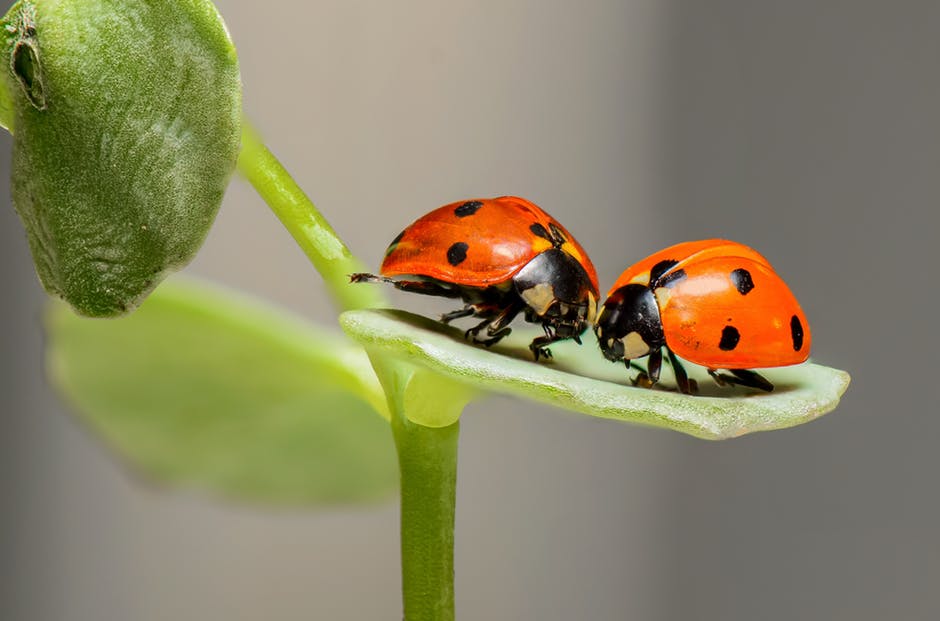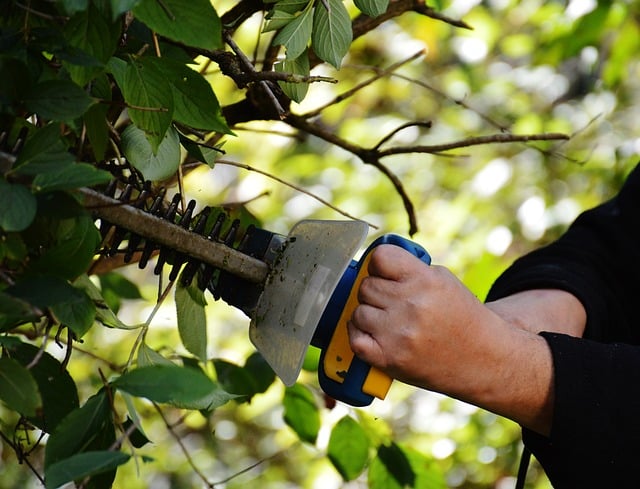Did you know that your garden is home to a diverse community of insects and bugs? While some may be beneficial for your plants, others can cause damage and hinder growth.
In this comprehensive guide, we will dive deep into the world of garden insects and bugs, equipping you with the knowledge to protect your plants and maintain a healthy garden.
So let’s explore these tiny creatures and uncover the secrets they hold.
Aphids and Ladybugs
One of the most common garden insects, aphids are small, soft-bodied bugs that feed on plants by sucking out their juices. They reproduce quickly and can cause significant damage if left unchecked.
But fear not! Nature has its own way of handling these pests – ladybugs. These colorful beetles feed on aphids and play a critical role in maintaining the balance of your garden ecosystem.
Whiteflies and Parasitic Wasps
Whiteflies are tiny insects that suck the sap from leaves, causing them to wither and turn yellow. Fortunately, parasitic wasps come to the rescue. These wasps lay their eggs in whiteflies, effectively killing them and controlling their population.
This natural predator-prey relationship is an excellent example of pest management in action. By allowing natural predators to thrive in your garden, you can reduce the need for harmful pesticides and maintain a healthy balance.
If you want to handle it though, you can use organic methods like using reflective mulch or introducing ladybugs into your garden.
Japanese Beetles and Nematodes
Not all insects in your garden are beneficial. Japanese beetles, for example, can cause significant damage to a wide range of plants.
But there’s no need to panic – nematodes are here to help. These microscopic worms feed on the larvae of Japanese beetles, effectively controlling their population and protecting your plants.
What you can do though is to manually pick off Japanese beetles and drop them into soapy water, or use organic pesticides like neem oil to deter them.
Spider Mites and Ladybugs
Spider mites may be tiny, but they can cause significant damage by feeding on plant juices. But just like aphids, ladybugs come to the rescue.
In addition to feeding on aphids, ladybugs also prey on spider mites, making them a valuable ally in pest management. By promoting a diverse ecosystem in your garden, you can encourage the presence of ladybugs and other natural predators to keep spider mites in check.
What you can also do is to keep the humidity in your garden low, as spider mites thrive in humid conditions. If you can’t handle it, you may also get expert help from pros like a service for pest control in Riverview, FL.
Understand the Existence of Garden Insects and Bugs
By understanding the role of garden insects and bugs, we can learn to coexist with them and use their natural behaviors to our advantage. So remember, next time you spot an insect in your garden, don’t be so quick to label it as a pest – it may just be a hidden helper in disguise.
So keep an open mind and continue learning about the fascinating world of these tiny creatures. Your garden will thank you for it. Happy gardening!
For more reads, visit our main blog section.




